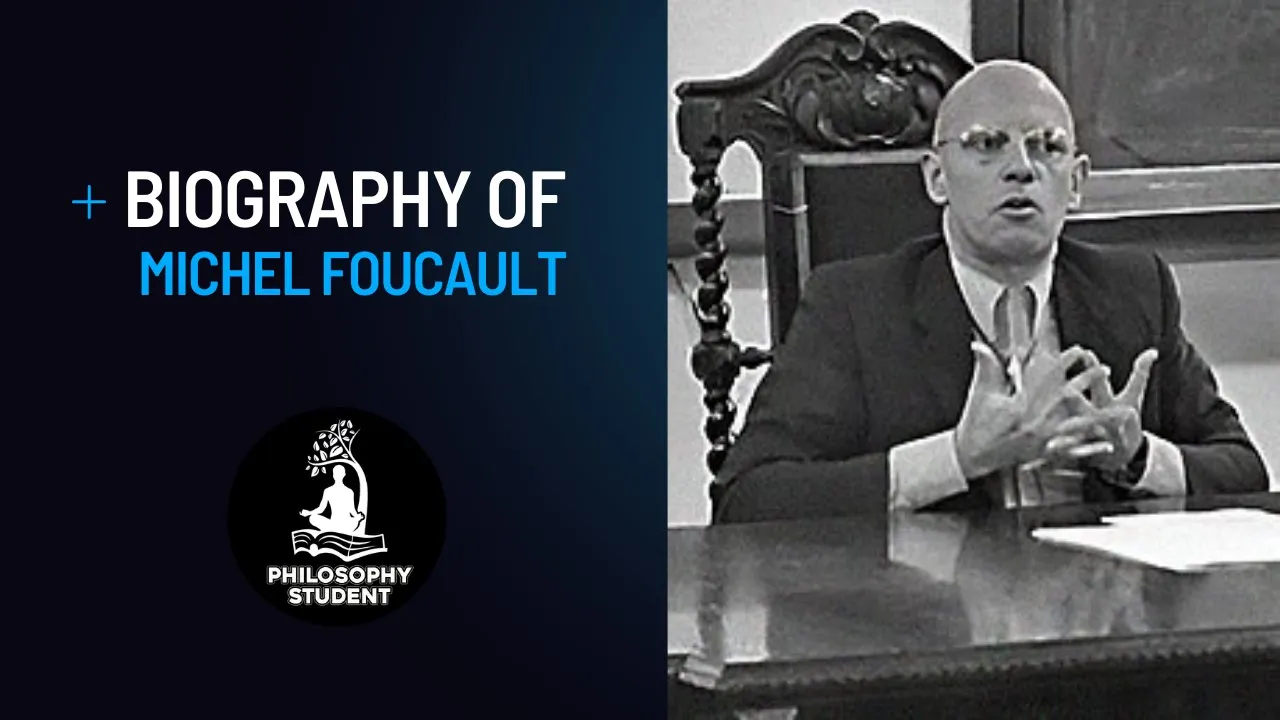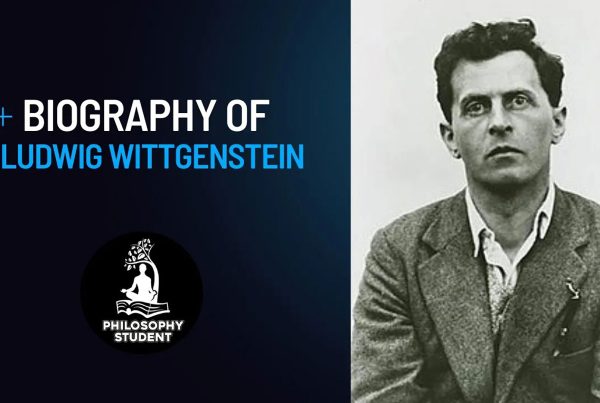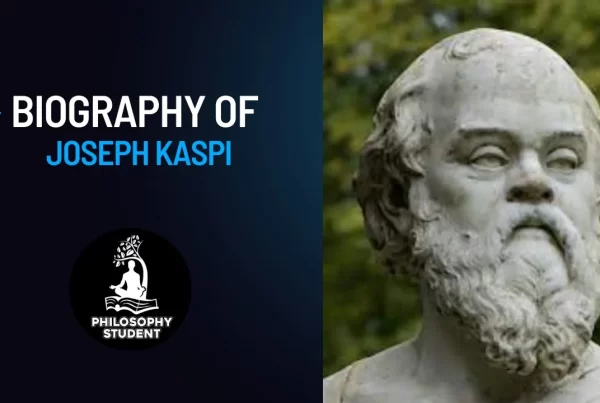Educated primarily as a philosopher, Michel Foucault produced work so broadly trans disciplinary that perhaps its most controversial aspect is the debate over whether it even is philosophy. He himself once described his chief interest as working toward a historical account of the production of truth. Although he wrote abundantly, his life was cut short by AIDS at the age of fifty-eight, and it cannot be said that he ever completed the “historical account” he identified as his intended project. In the end, he may be best described as a philosophically oriented historical researcher or, perhaps, historically oriented philosophical researcher.
Foucault was a French structuralist and, subsequently, poststructuralist. A leading theme in French intellectual pursuits by the early 1960s, structuralism is an approach to the study of the elements of culture by defining a given element’s relationship to a bigger, more encompassing system or structure. The challenge is to discover the structures that underlie all human thought and cultural activity. It is, in fact, the relations among the various phenomena of human life that constitute a structure transcending the local in time and place and revealing constant laws of human cultural activity. Poststructuralism is a reflective, critical approach to structuralism, which rejects aspects of structuralism—most importantly the idea of “constant laws”—yet builds upon other structuralist insights into the relationship among various human phenomena and their symbolic representation in language and other signs. Thus, Foucault most often sought to understand the leading ideas that shape culture in the present by understanding the function of these ideas in history. This required using history to trace the changes in the function of each major idea.
Michel Foucault was born Paul-Michel Foucault on October 15, 1926, in Poitiers, France. His father was a surgeon and the son of a physician, and his mother was the daughter of a surgeon. Educated in Poitiers during the Nazi occupation, Foucault gravitated toward philosophy in defiance of his father, who wanted him to pursue medicine. Immediately after the end of World War II, Foucault moved to Paris and studied with the French Hegelian, Jean Hyppolite. In 1946, he was enrolled in the prestigious École Normale Supérieure d’Ulm as the student of Maurice Merleau-Ponty and the mentee of Louis Althusser. He qualified both in philosophy and in psychology.
In 1951, Foucault aggregated in philosophy from the École Normale, in which he also taught psychology. Among his most renowned students was Jacques Derrida, who would subsequently become a philosophical rival. In 1955, Foucault became a director of the Maison de France at the University of Uppsala, Sweden, leaving that post in 1958 to become a French cultural attaché in Poland. In 1959, he moved to the Institut Français in Hamburg. During this peripatetic period, he wrote a doctoral thesis on the history of madness, which he revised into a book, Madness and Civilization, published in 1961. By this time, he returned to France, teaching psychology in the philosophy department of the University of Clermont Ferrand—commuting to classes from Paris
Foucault formed a close relationship with the militant leftist Daniel Defert, with whom he would form a partnership that lasted the rest of Foucault’s life. In 1964, Defert went to Tunisia to serve eighteen months of compulsory military duty. Foucault visited him during this time, and in 1966 assumed the chairmanship in the department of philosophy at the University of Tunis.
Foucault published The Order of Things in 1966, a study of the history of the so-called human sciences, essentially the disciplines devoted to philosophy, biology, and culture. Despite its volume and obscurity, the book became a bestseller and catapulted Foucault to the status of intellectual celebrity. Returned to France in 1968, Foucault built and then presided over the philosophy department of the new experimental university at Vincennes in Paris. Working in the aftermath of the student uprising of 1968, Foucault built a militantly Marxist department, which briefly lost its official accreditation. By this time, 1970, Foucault had been elected to a chair in the Collège de France, a lifetime appointment. This occasioned a series of annual lectures.
Foucault became a political activist in the early 1970s and then retreated into journalism. By the end of the decade, he spent much of his time teaching in the United States. He was terminally ill with AIDS in 1984 as he finalized a work on ancient sexuality, which was published posthumously. He had already written and published the introductory volume of The History of Sexuality. He died, in Paris, on June 26, 1984.




































